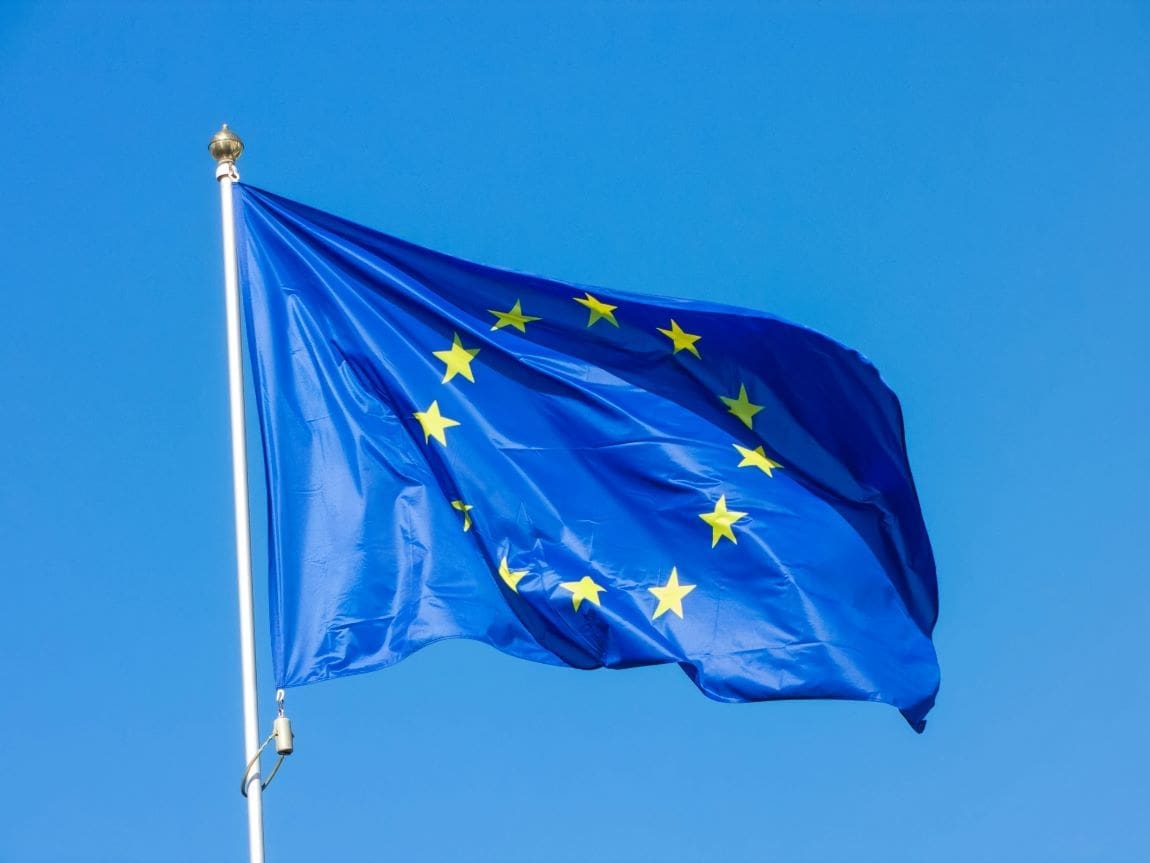By Adrien DE CALAN | AFP
Brussels, Belgium – What does the future hold for EU climate policies? Next week’s unveiling of the new European Commission will be watched closely for clues — at a time when defending the environment has skidded down the list of priorities in Brussels.
It is a far cry from five years ago.
Back in 2019, EU-wide elections held in the wake of massive youth climate marches saw a surge of support for the Greens, who captured more than 70 seats in the European Parliament.
This June, by contrast, the Greens shed 20 seats in a vote marked by gains for the right and far right — which have led the charge against what it calls “punitive” EU environmental policies.
For Luke Haywood of the European Environmental Bureau NGO federation, the writing is on the wall: he expects the shift in parliament may relegate the EU’s climate ambitions to the backburner.
“There is a risk that there will be an attempt to ignore the long-term benefits that we all have of acting on climate now, focusing on short-term gains for certain industries,” he told AFP.
Climate loomed large under the outgoing commission, which drove through an ambitious legislative “Green Deal” including flagship measures such as a ban on new combustion engine cars from 2035.
Setting a roadmap for her second term, Commission chief Ursula von der Leyen pledged to “stay the course” on the environment — while promising to “reconcile climate protection with a prosperous economy.”
But a key question is who in the next EU executive team inherits the task of making lofty goals a reality, with many of the Green Deal’s laws still at various stages of implementation.
Advocacy groups are rooting for Spain’s candidate Teresa Ribera — a socialist climate campaigner tipped for a big commission role — but her anti-nuclear stance has raised hackles among some member states.
How the various aspects of environmental policy — from carbon-reduction to industrial policy or clean tech — are divided up between commissioners will be a subject of particular scrutiny.
“Climate must be very present in the portfolios,” said Haywood.
– ‘Stitch by stitch’ –
The EU has set a goal of becoming carbon neutral by 2050, and one of the new commission’s first tasks will be to negotiate with member states and parliament on its interim target for 2040 — when it wants to see emissions cut by 90 percent compared to 1990 levels.
At the centre-right, the European People’s Party — the parliament’s biggest group, to which von der Leyen belongs — considers the target “extremely ambitious.”
“We must discuss at length with all involved parties whether it is achievable and what we need to achieve it,” EPP lawmaker Peter Liese warned when it was unveiled earlier this year.
Broadly speaking, right-wing parties oppose piling on more “bans” even as the public mood has soured on environmental action — calling for an approach that factors in “the real situation on the ground,” as Liese put it.
Within the centrist Renew group, the message is clear: “There can be no dismantling of the Green Deal,” warned the group’s leader in the EU parliament, Valerie Hayer.
“We’ll be vigilant about any attempt to reverse it, and about the need to free up necessary investments,” she told AFP.
But even the staunchest environmentalists realise the challenges that lie ahead — as officials push to implement reams of complex legislation, under inevitable pressure from lobby groups.
“When they (the European Commission) say implementation, what they really mean is hitting pause, or backtracking,” warned the hard-left leader Manon Aubry.
“They’re going to be unpicking it stitch by stitch,” she said — pointing to the rollback of a string of environmental measures in the past year in concession to protesting farmers.
Aside from setting an emissions target for 2040, the incoming commission’s environmental in-tray is thick with challenges.
A number of Green Deal laws — such as the combustion-engine ban — have revision clauses that could be seized on in a bid to water them down.
The bloc’s sweeping farm subsidy system known as the Common Agricultural Policy is up for renegotiation for the period running from 2028 to 2034.
And the commission will need to implement a new law forcing companies to uphold environmental and human rights supply chain standards — already diluted out of fear it would unfairly harm smaller businesses.
adc/ec/del/rlp
© Agence France-Presse
Featured image credit: Alexey Larionov | Unsplash




